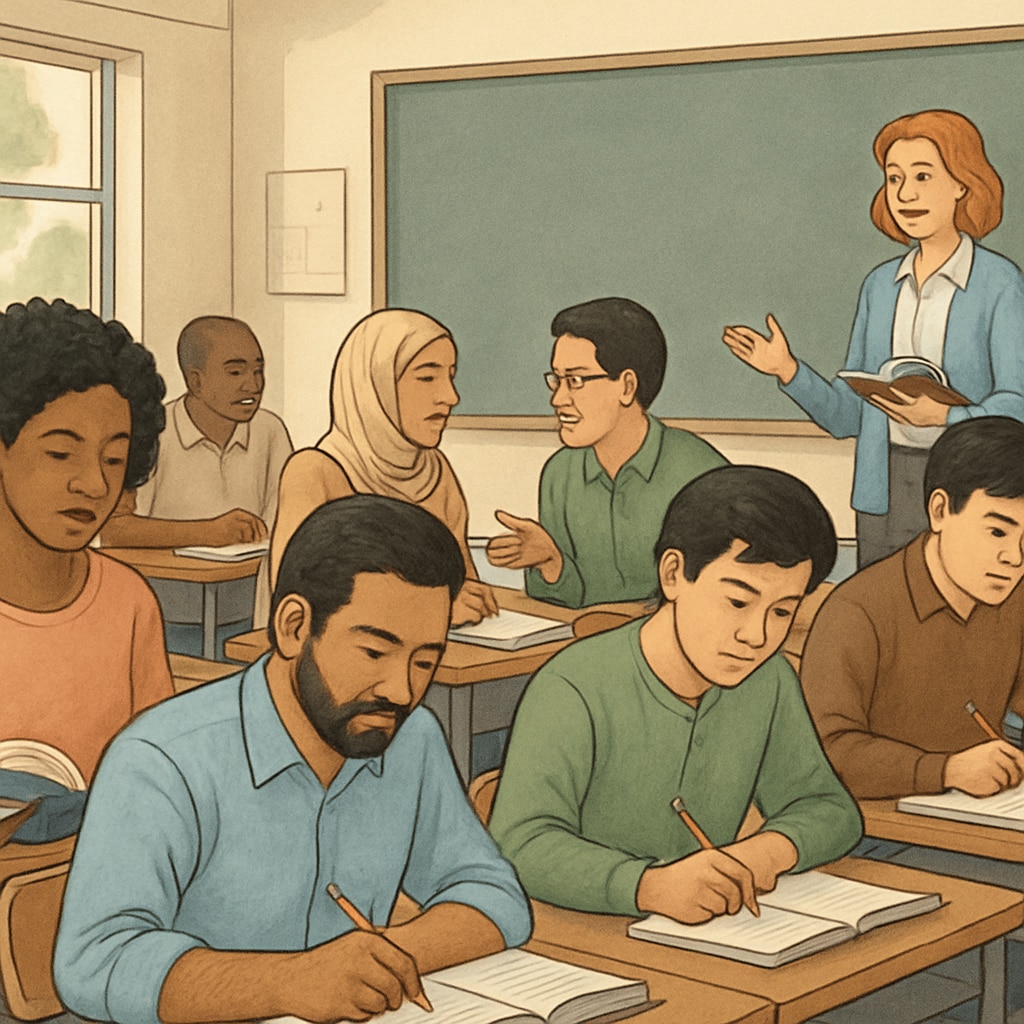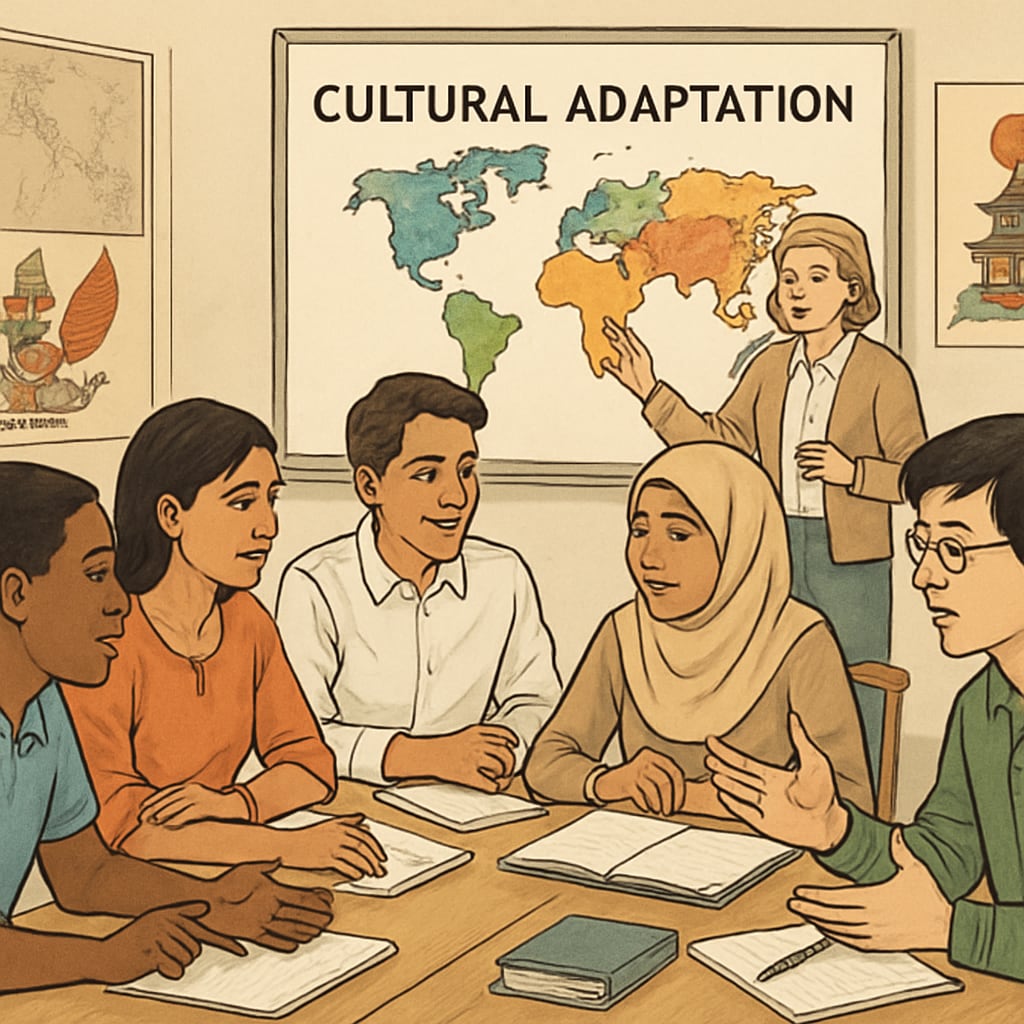For international students pursuing education in Western countries, the transition can often be daunting. Differences in teaching methodologies, academic expectations, and cultural norms may highlight gaps in foundational knowledge, leaving students struggling to adapt. Non-degree foundational courses in adult education, cultural adaptation, and basic knowledge offer a practical solution to bridge these gaps. This article explores how such programs in New York can support international students in building both academic and cultural competencies, ensuring a smoother integration into their new learning environments.
Why Foundational Knowledge Matters for International Students
When international students enter Western educational institutions, they often encounter an unfamiliar academic culture. For example, essay-based assessments, critical thinking, and participatory classroom discussions may be new concepts. These challenges are compounded when students lack a strong grounding in essential subjects such as math, science, or language skills. Foundational knowledge serves as the backbone for success in advanced studies, making it critical for students to strengthen these areas before diving into demanding curricula.
Non-degree courses specifically designed for adults can address this need. These programs focus on filling knowledge gaps without the pressure of grades, allowing students to learn at their own pace. In addition, they often include modules on cultural adaptation, teaching students how to navigate the nuances of Western academic and social environments.

Where to Find Non-degree Foundational Courses in New York
New York City, a hub of diversity and education, offers numerous options for non-degree foundational courses tailored to international students. The following institutions and programs stand out as excellent resources:
- NYU School of Professional Studies: Offers non-credit courses in academic writing, quantitative reasoning, and communication skills tailored to adult learners.
- Community Colleges: Local institutions like LaGuardia Community College provide affordable programs focusing on ESL (English as a Second Language), basic math, and other foundational skills.
- Private Learning Centers: Centers such as Kaplan and Berlitz offer customized courses in professional and academic English, along with cultural workshops.
For more information on adult education initiatives in New York, visit the official New York City government website.

How Foundational Courses Foster Cultural Adaptation
Adapting to a new culture is as important as mastering academic content. Foundational courses often integrate cultural adaptation components, helping students understand Western norms, communication styles, and expectations. For instance, workshops on cross-cultural communication can teach students how to interpret non-verbal cues, manage group projects, and build relationships with peers and professors.
Beyond the classroom, international students can benefit from community-based cultural programs. These initiatives often include field trips, volunteer opportunities, and networking events, offering real-world exposure to Western culture. For example, organizations like the International House in New York host events that bring together students from diverse backgrounds to share experiences and learn from one another.
As a result of these efforts, students gain not just academic skills but also the confidence and social connections needed to thrive in their new environment.
Tips for Selecting the Right Program
Choosing the right foundational course is crucial for maximizing its impact. Here are some tips to help students make informed decisions:
- Assess Your Needs: Identify which areas—academic, cultural, or both—you need the most support in.
- Check Accreditation: Ensure the program is recognized by educational authorities or professional organizations.
- Consider Flexibility: Look for courses that offer flexible schedules, online options, or self-paced learning.
- Seek Reviews: Research testimonials or ask for recommendations from peers who have attended similar programs.
By carefully evaluating these factors, students can find a program that aligns with their unique goals and challenges.
The Path to Academic and Cultural Success
Non-degree foundational courses are more than just a bridge to academic success; they are a gateway to cultural understanding and personal growth. By addressing gaps in basic knowledge and offering tools for cultural adaptation, these programs empower international students to thrive in their new environments. For those studying in New York, the city’s rich educational and cultural landscape offers countless opportunities to learn, grow, and succeed.
Whether you’re an aspiring graduate student or a professional seeking to enhance your skills, investing in a foundational course could be the key to unlocking your full potential in a Western educational setting.
For more insights into adult education and cultural adaptation, visit Britannica’s Adult Education Overview.


